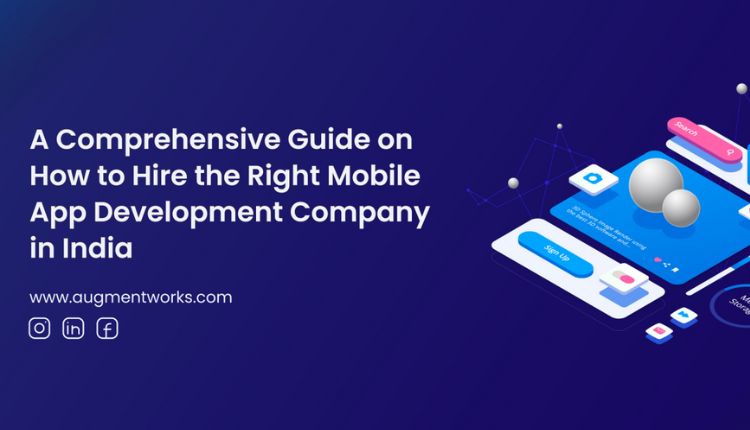In our increasingly digital world, mobile applications are more crucial than ever, offering businesses a direct line to their customers’ pockets. As a result, mobile app development services have become essential, enabling companies to build apps that are not only functional but also engaging and user-friendly.
Types of Mobile App Development Services
Native App Development
Native apps are developed specifically for one platform, using languages and tools designed for that environment—Objective-C or Swift for iOS and Java or Kotlin for Android. The primary advantage of native apps is their high performance and optimization, which leads to better user experience and seamless integration with device features, like GPS, camera, and notifications.
Cross-Platform App Development
Cross-platform development allows apps to function on multiple operating systems with a single codebase, using frameworks like React Native or Flutter. This approach saves development time and costs while reaching a broader audience. However, it may involve trade-offs in performance and access to native features compared to fully native apps.
Hybrid App Development
Hybrid apps blend elements of both native and web applications. Built using web technologies like HTML, CSS, and JavaScript, they are then encapsulated within a native shell. This allows them to access some native platform features while being relatively easy and quick to develop. Popular tools include Ionic and Apache Cordova.
Stages of Mobile App Development
Conceptualization and Planning
The first stage involves defining the app’s purpose and target audience. This stage requires thorough market research to analyze competitors and understand consumer needs. Setting clear objectives for the app in terms of features and user experience is critical for guiding the subsequent stages of development.
Design
A well-designed user interface (UI) and user experience (UX) are fundamental for the app’s success. Design should focus on usability, aesthetics, and delivering a seamless navigational flow. Tools like Sketch and Adobe XD are often used to prototype and iterate designs until they meet user expectations and business goals.
Development
During this phase, developers write the actual code to build the application’s functionality. The process often follows agile methodologies, allowing for incremental development and testing. This stage is crucial for laying down the solid technical foundation required for a robust, secure, and efficient app.
Testing and Deployment
Testing is critical to ensure the quality and performance of the app. It typically includes several types of tests such as unit, integration, and user acceptance testing (UAT). After thorough testing, the app is deployed through platforms like the Apple App Store and Google Play, which may require navigating specific standards and submission guidelines.
Choosing the Right Mobile App Development Service
Factors to Consider
Selecting a service provider requires evaluating their technical expertise, experience, and past projects. It’s beneficial to review their portfolio and client testimonials to assess their capability in delivering high-quality mobile applications.
Cost Considerations
Understanding the pricing structure of development services is crucial. Options typically include fixed price contracts, time and materials contracts, and more flexible arrangements like agile contracting. Additionally, it’s important to plan for ongoing costs related to app maintenance and updates.
Trends and Innovations in Mobile App Development
Emerging Technologies
Innovative technologies like AI, machine learning, AR, and VR are increasingly being integrated into mobile apps, offering new ways to engage users and enhance functionality. For instance, AI can personalize user experiences, while AR can create immersive shopping experiences.
Future Outlook
The mobile app industry continues to evolve rapidly. Anticipating and adapting to technological advancements and changing user expectations is key for businesses to stay competitive in this dynamic field.
Conclusion
Mobile app development services are integral to the digital strategy of modern businesses. By understanding the different types of services, development stages, and key considerations, businesses can ensure their mobile app not only reaches but also engages their target audience effectively.
Call to Action
If you’re looking to develop a mobile app, consider consulting with a professional development team to ensure your vision is successfully transformed into a functional and impactful mobile application. Check out our resources or contact us to learn more about our mobile app development services.
